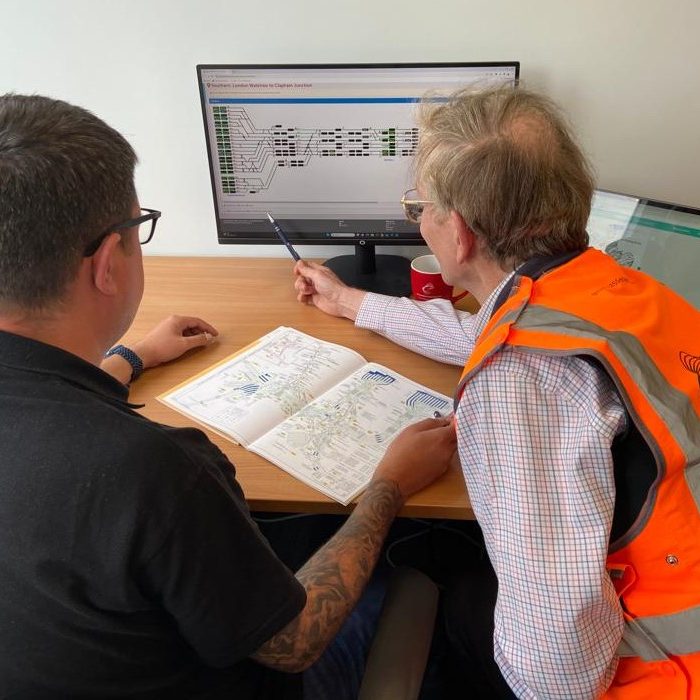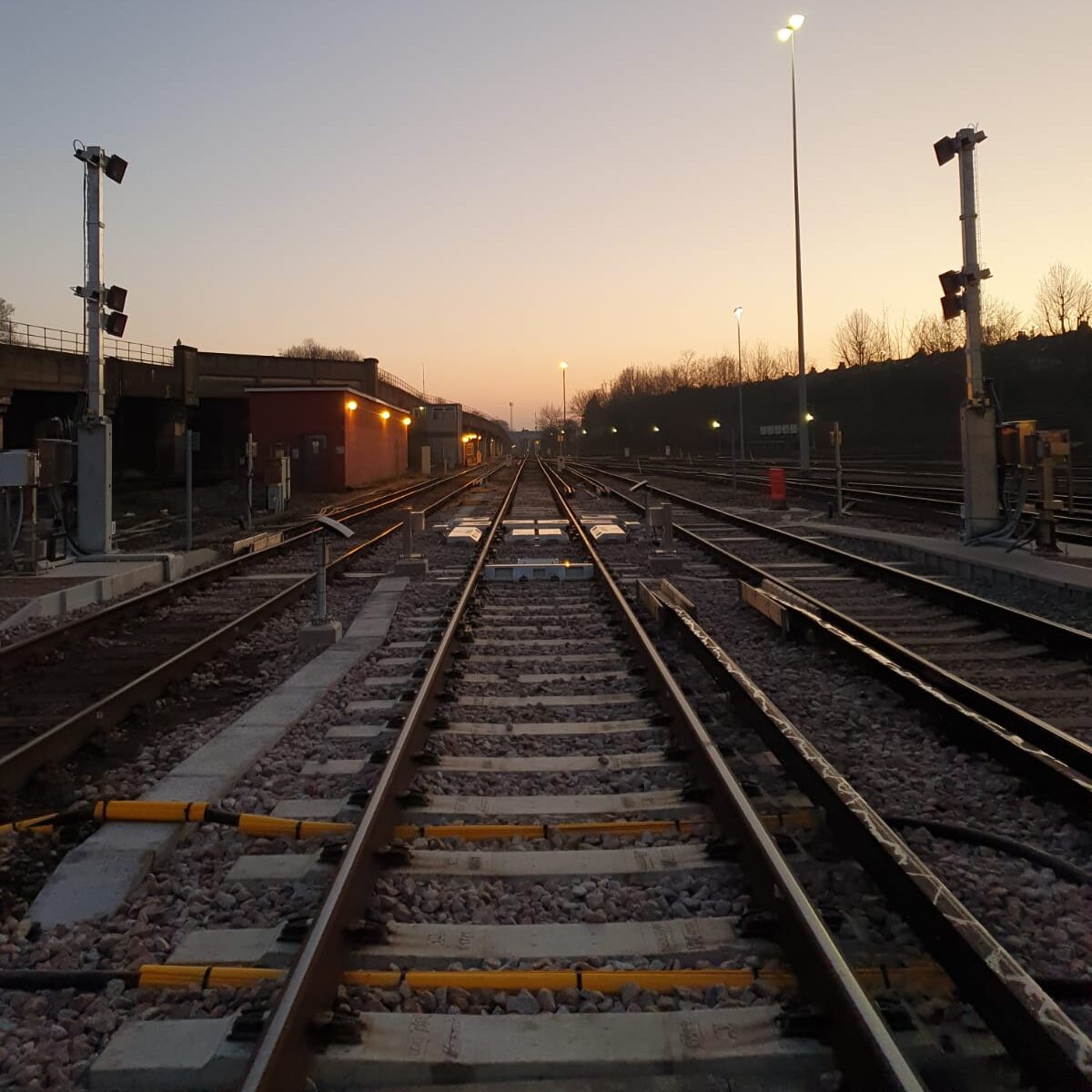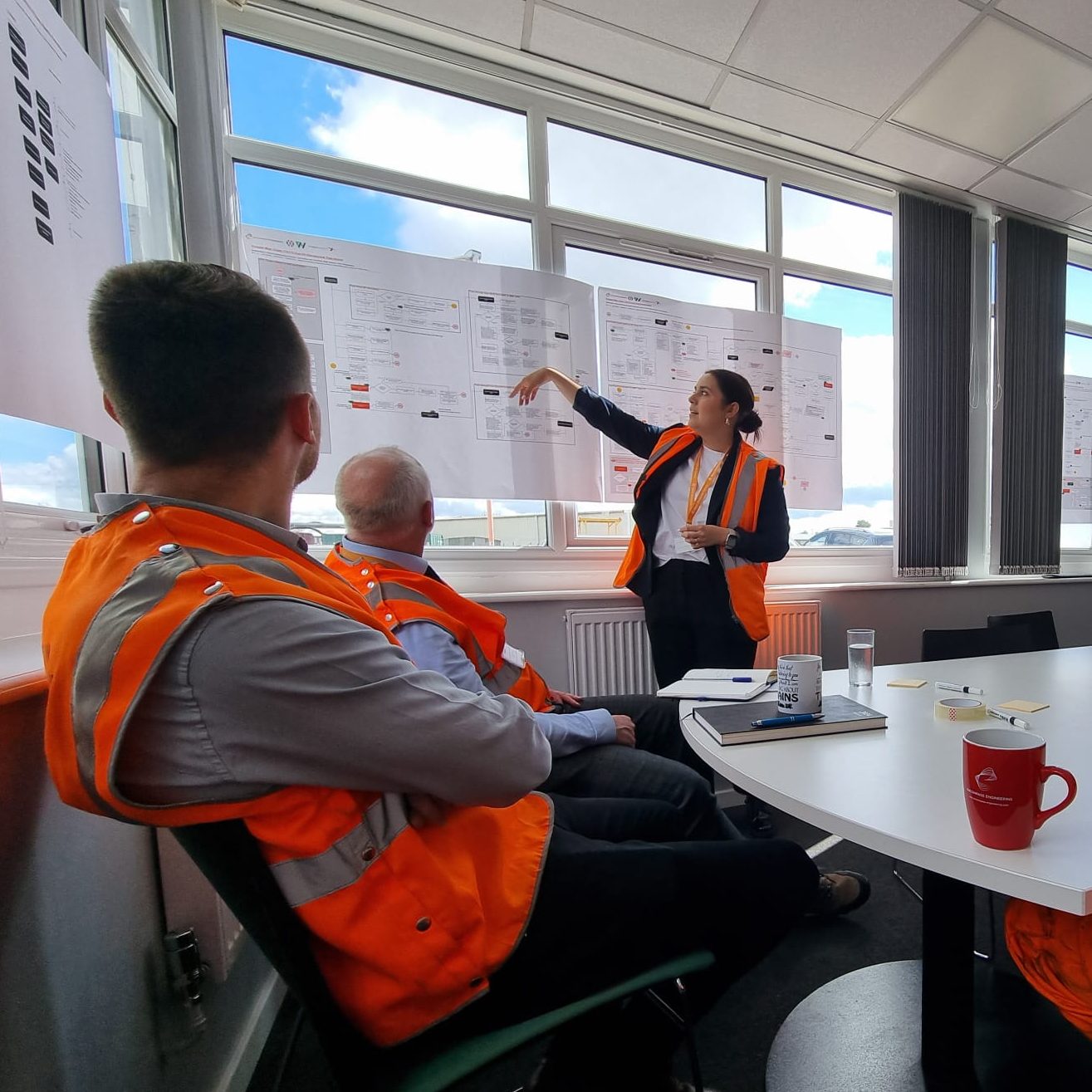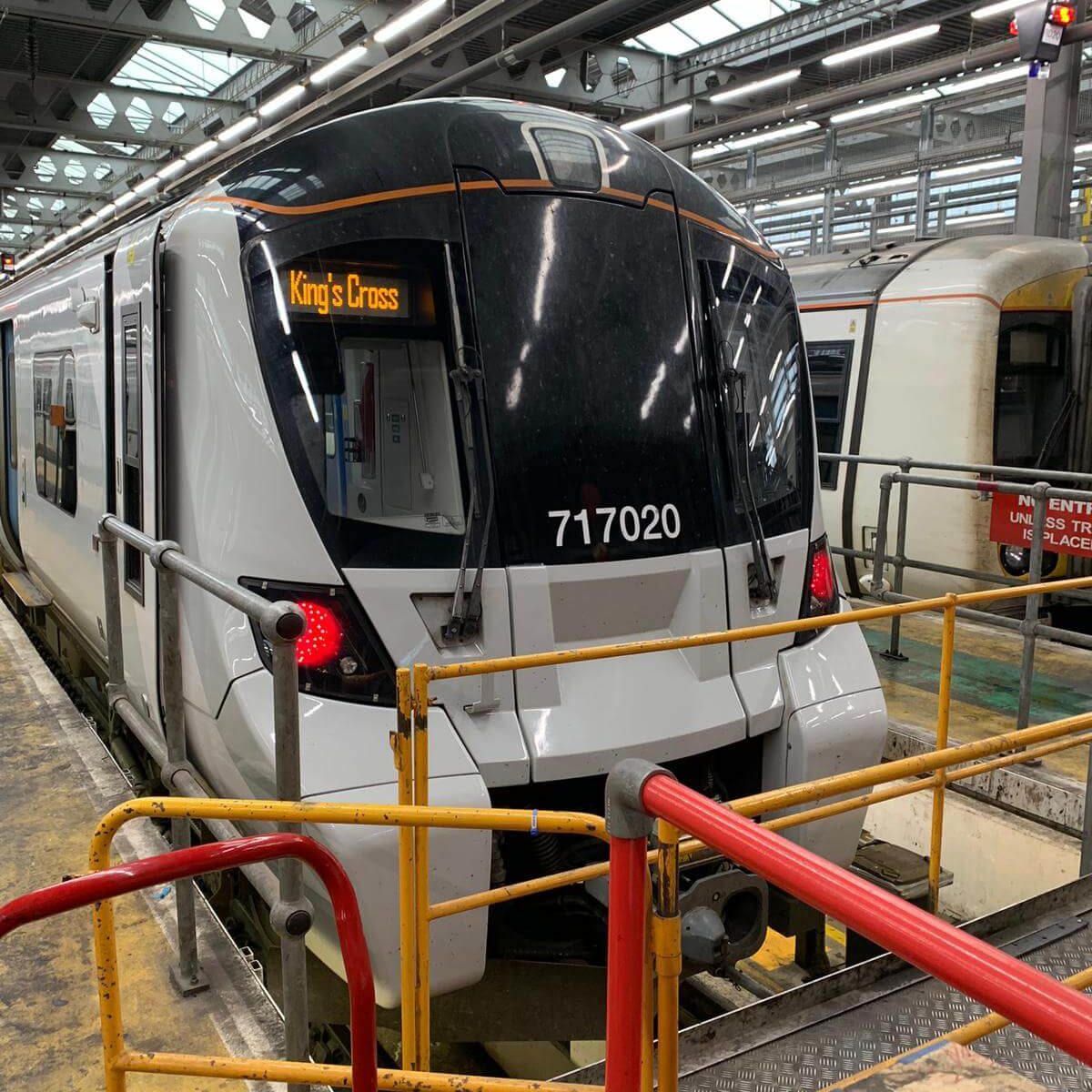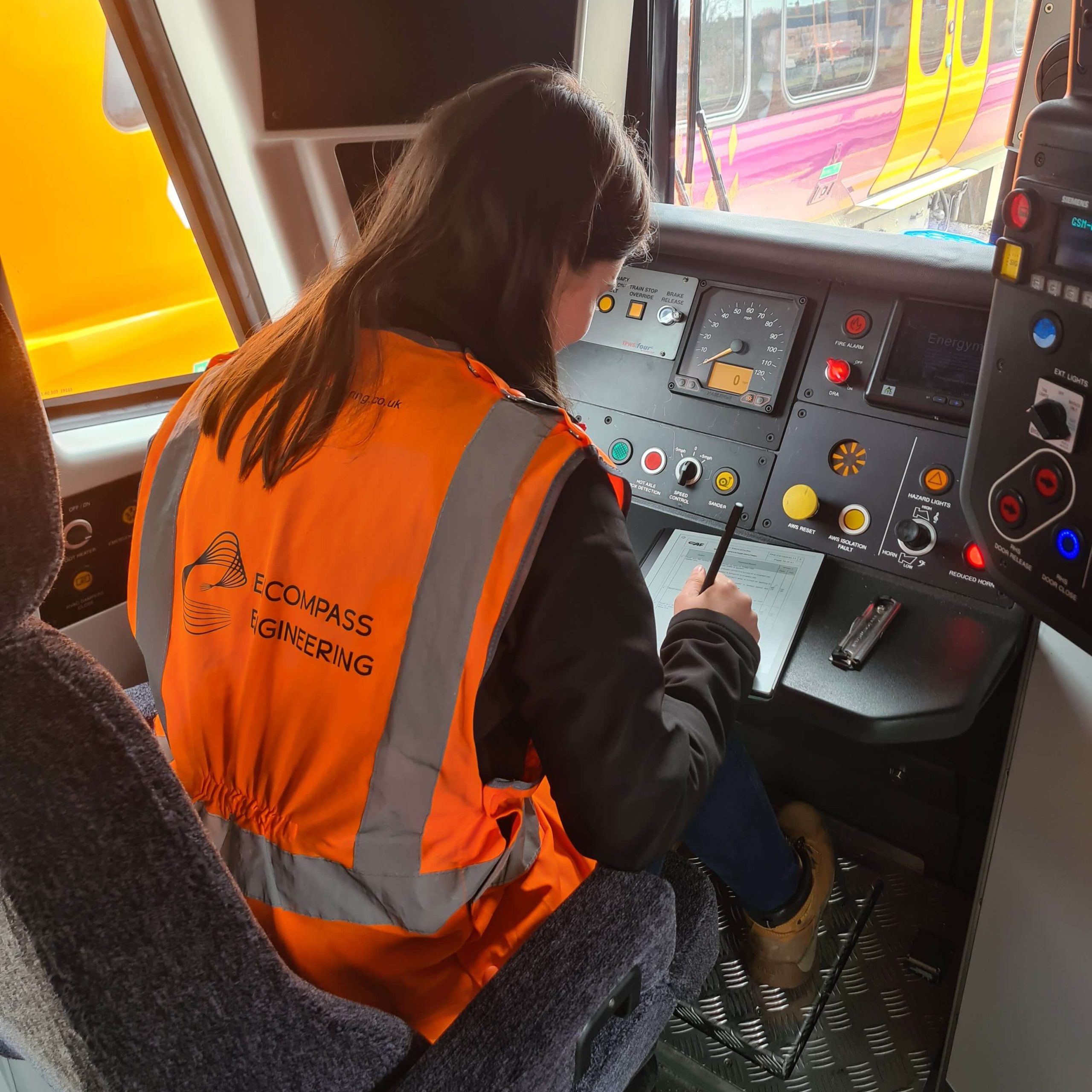The brief
Northern required a comprehensive noise management strategy that would integrate long-term sustainability objectives with practical, actionable steps. The primary objectives included the detailed identification and categorisation of densely populated areas or clusters of settlements (agglomerations) and NIAs across the network. The strategy also needed to include provisions for ongoing noise monitoring, enabling Northern to adapt and refine their approach over time.
The importance of ecological sensitivity was an important consideration – especially with regards to vulnerable areas found along or near railway lines. The strategy aimed to identify and provide recommendations for further studies and investigations into these areas to better understand the adverse effects of noise on these vulnerable areas, while also addressing community concerns. By incorporating these elements, Northern aimed to create a strategy that balanced operational growth with environmental responsibility and societal benefit.



